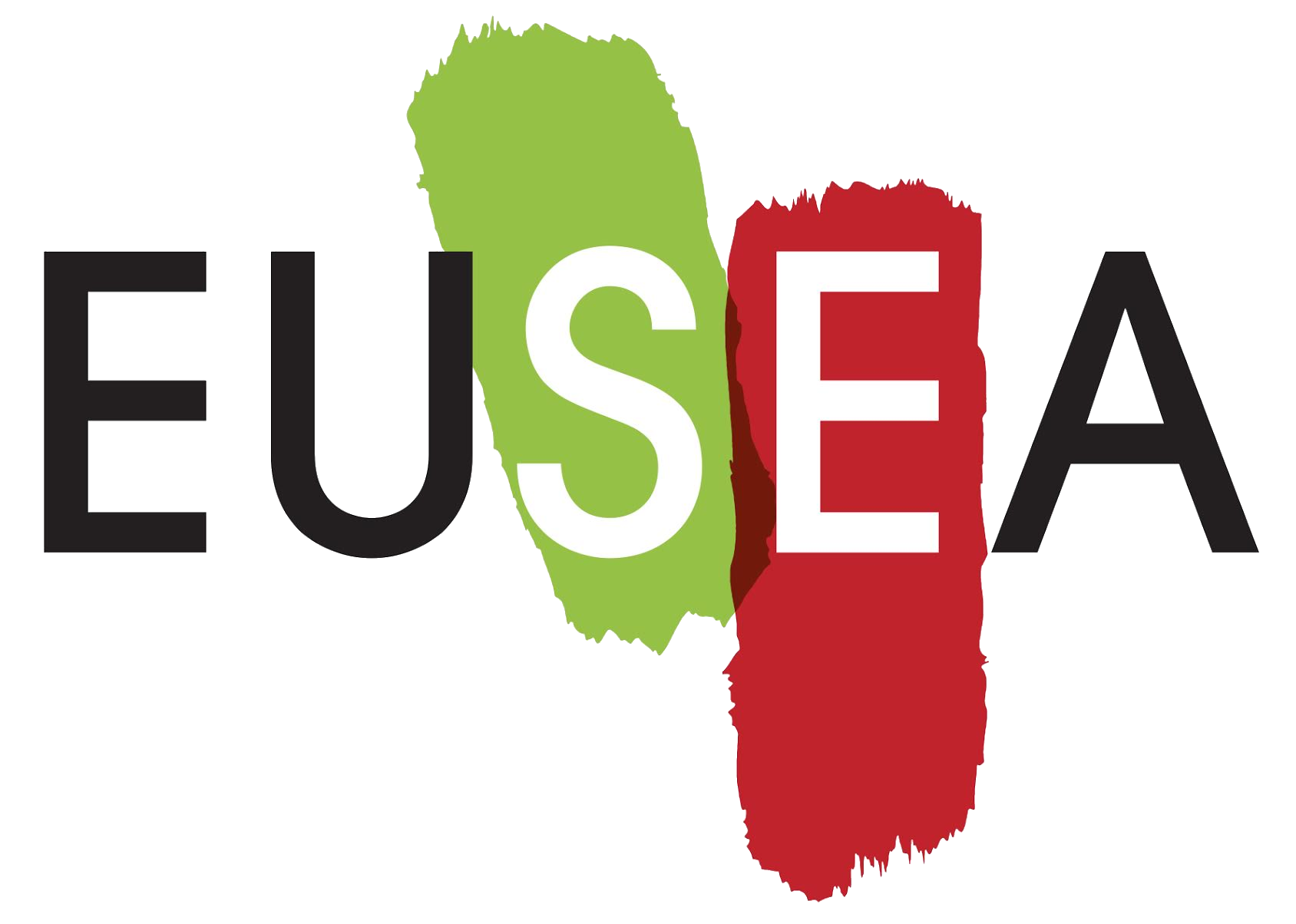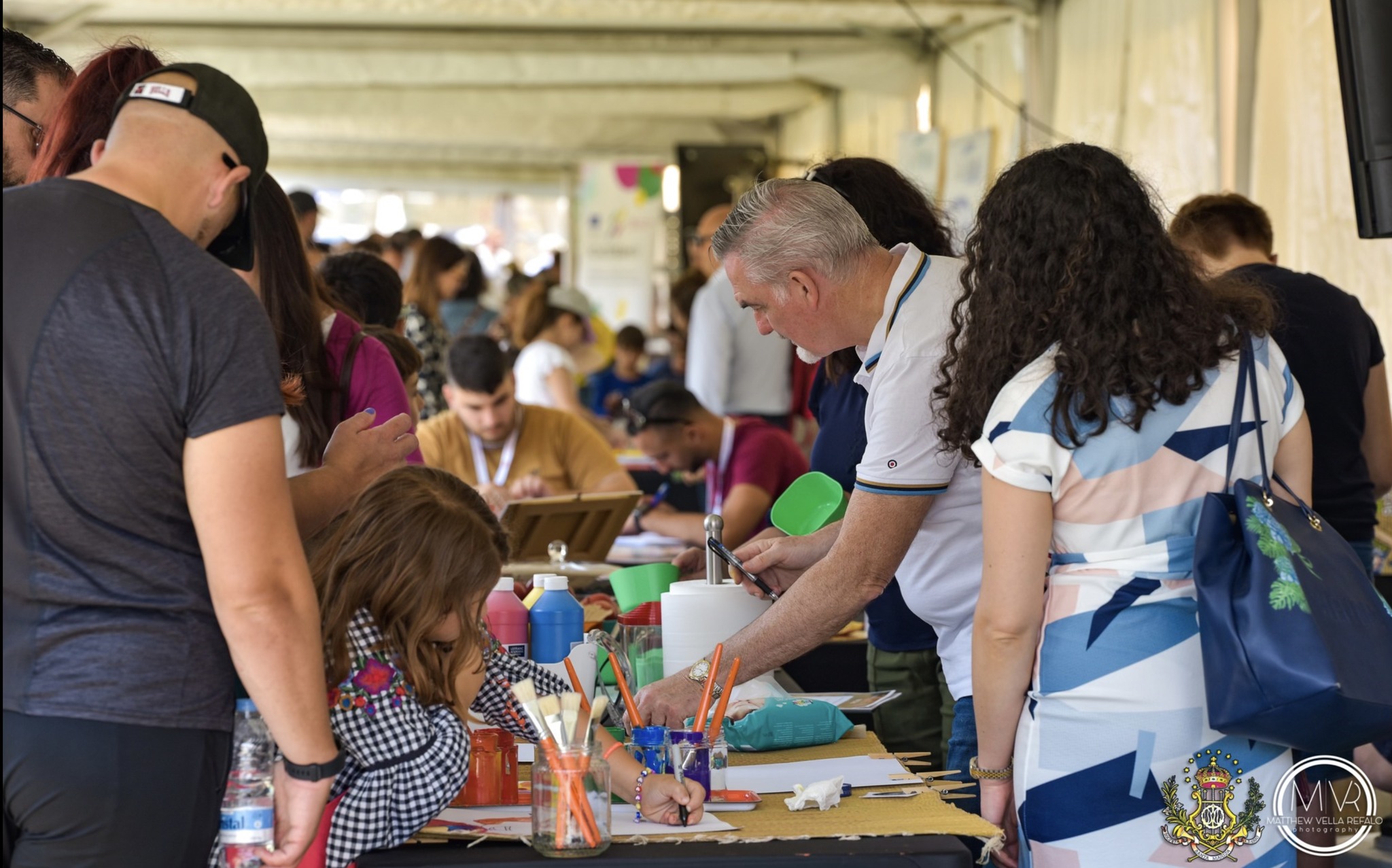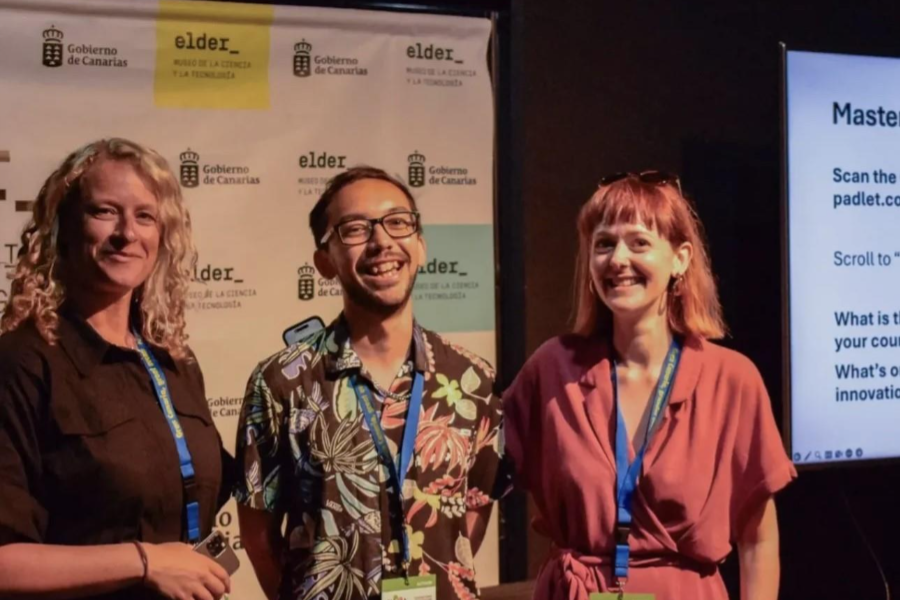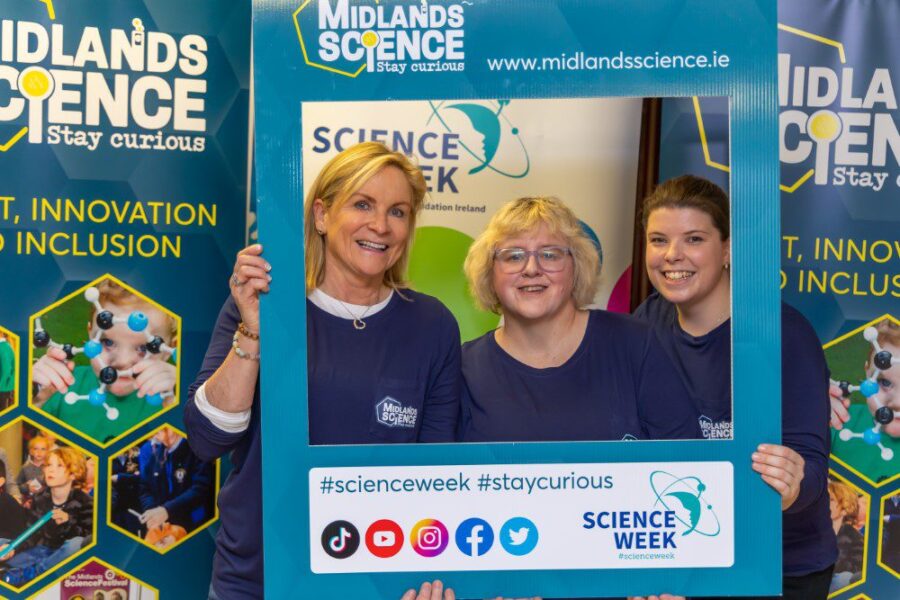“Science engagement is stronger when we collaborate.”
Can you tell us a bit about yourself and your organisation?
My name is Dr Edward Duca, and I am a Senior Lecturer in science communication at the University of Malta’s Faculty of Education, where I specialise in transdisciplinary approaches, STEAM education, and public engagement with research. I founded and co-ordinate Science in the City—Malta’s national science and arts festival—which combines cutting-edge research, arts, and community engagement to reach tens of thousands of people annually.
For over the past decade, my work has bridged academia, the arts, and society, coordinating EU-funded projects (over €50m), developing new magazines, activities and tools, creating a culture of research engagement, and training the next generation of science communicators and educators.
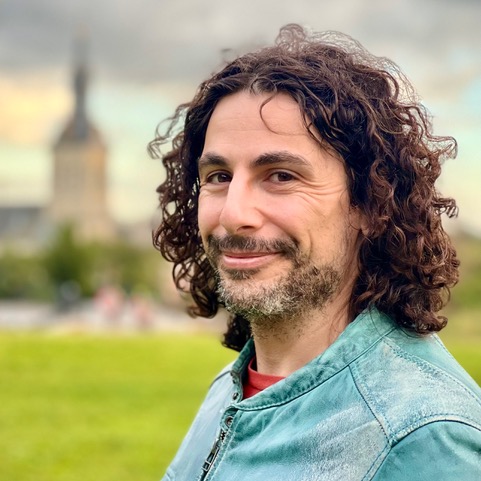
What first brought you to EUSEA, and how has your journey with the network evolved?
I have been part of EUSEA since 2018, serving on the Board from 2020 to 2024. I joined because I believe that science engagement is stronger when we collaborate, sharing expertise, co-developing innovative approaches, and building a European community committed to inclusivity, creativity, and evidence-based practice. EUSEA feels like a family to me. I’ve loved meeting like-minded professionals who contribute to shaping the future of public engagement in Europe.
Looking back, what’s one of your most memorable moments with EUSEA?
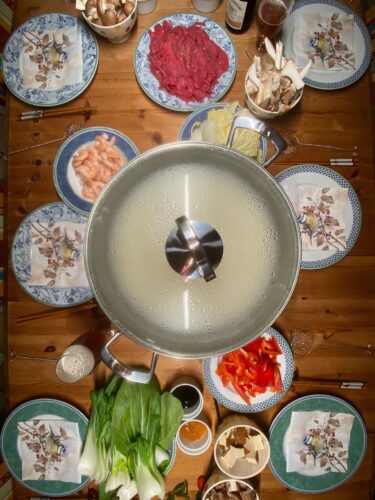
To save travel costs, Dr Annette Klinkert hosted us at her place in Herford, a very quaint town in Germany. It was during January, cold, rainy but with glimpses of sunny blue skies. We had a very productive 2-day meeting planning the conference of that year.
Afterwards I remember we shared a lovely hot pot at Annette’s home—a really bonding experience, that lead to some great conversations, sparking lots of ideas about the future of our field. Chocolate was consistently involved.
What drives the work you do, and what kind of impact are you aiming to create?
The University of Malta is the country’s leading higher education institution, combining research excellence with a strong public service mission. Through my department, we train science communicators, and secondary school teachers to engage different groups of people with science effectively and inclusively. My office (within the department) works a lot with the NGO The Malta Chamber of Scientists to develop and run numerous science communication activities (most use science and arts approaches).
By involving ourselves in EU and locally-funded projects we engage different groups of people from neurodivergent youths to refugees, from church groups to schools. The impact we try to achieve is to foster creative and critical thinking, inspire curiosity, and empower citizens to engage with science and research that directly impacts their lives.
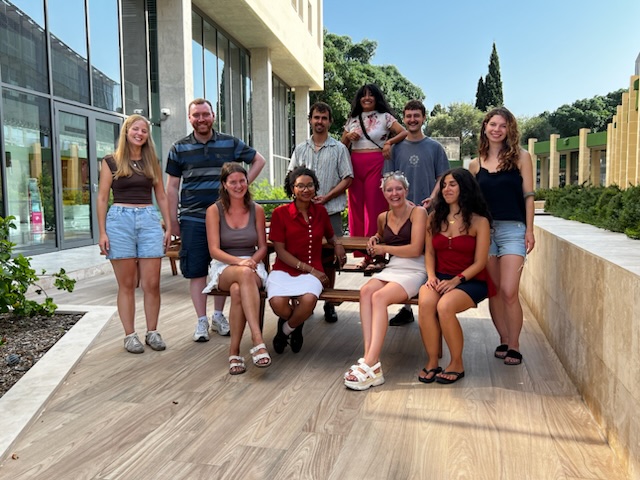
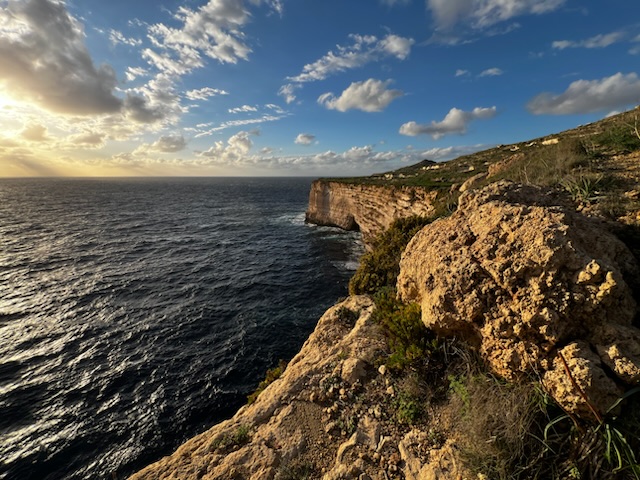
My team and I aim to continue performing transdisciplinary research to develop evidence-based communication for an informed democracy and active citizenship. We want to embed a culture of public engagement and research that benefits society. In the last 15 years since I have started, Malta’s landscape on this topic has transformed with festivals, events, projects, and a science centre now based on this tiny island archipelago in the Mediterranean.
Are there any exciting projects, events, or milestones coming up that you’d like to share?
My team has just started three new projects. We are coordinating the Erasmus+ project L-STEAM, which wants to embed the use of the performing arts for STEAM education in schools in Malta, Portugal, Greece and Cyprus. The team in Greece, led by Meneloas Sotirou (ScienceView) have been working tirelessly to spread their science theatre approach across Europe.
The second project is ACT-AI, an exciting new Erasmus+ Teacher Academy led by Frederick University in Cyprus that aims to establish a pan-European partnership focused on advancing AI integration in education.
The third project, ALPER-EU, led by the Hellenic Mediterranean University, aims to use an agile, learning-by-doing, and play-based approach to programming educational robotics. All this, while maintaining a regular engagement programme with schools, greening urban spaces in Malta, training science teachers and a bunch of other stuff.
And finally, what’s on the horizon for you and your organisation?
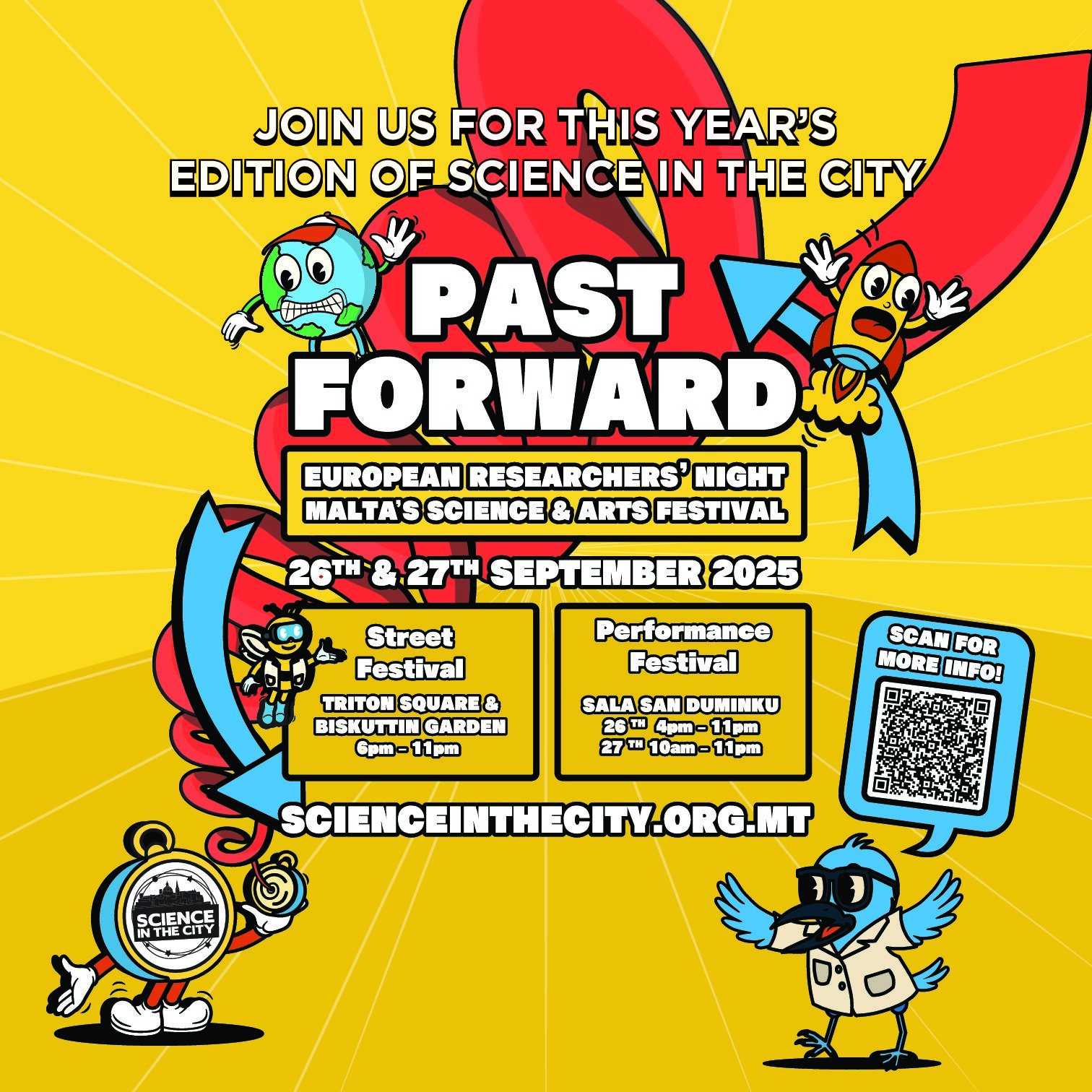
This year, Science in the City will celebrate its 13th edition with the theme “Past Forward,” exploring how history, heritage, and future technologies can inspire solutions to today’s challenges. We are integrating immersive technologies, participatory art-science collaborations, and citizen science activities to spark dialogue on climate change, AI, and societal transformation. We are also piloting new approaches to co-creation with communities traditionally underrepresented in science engagement.
